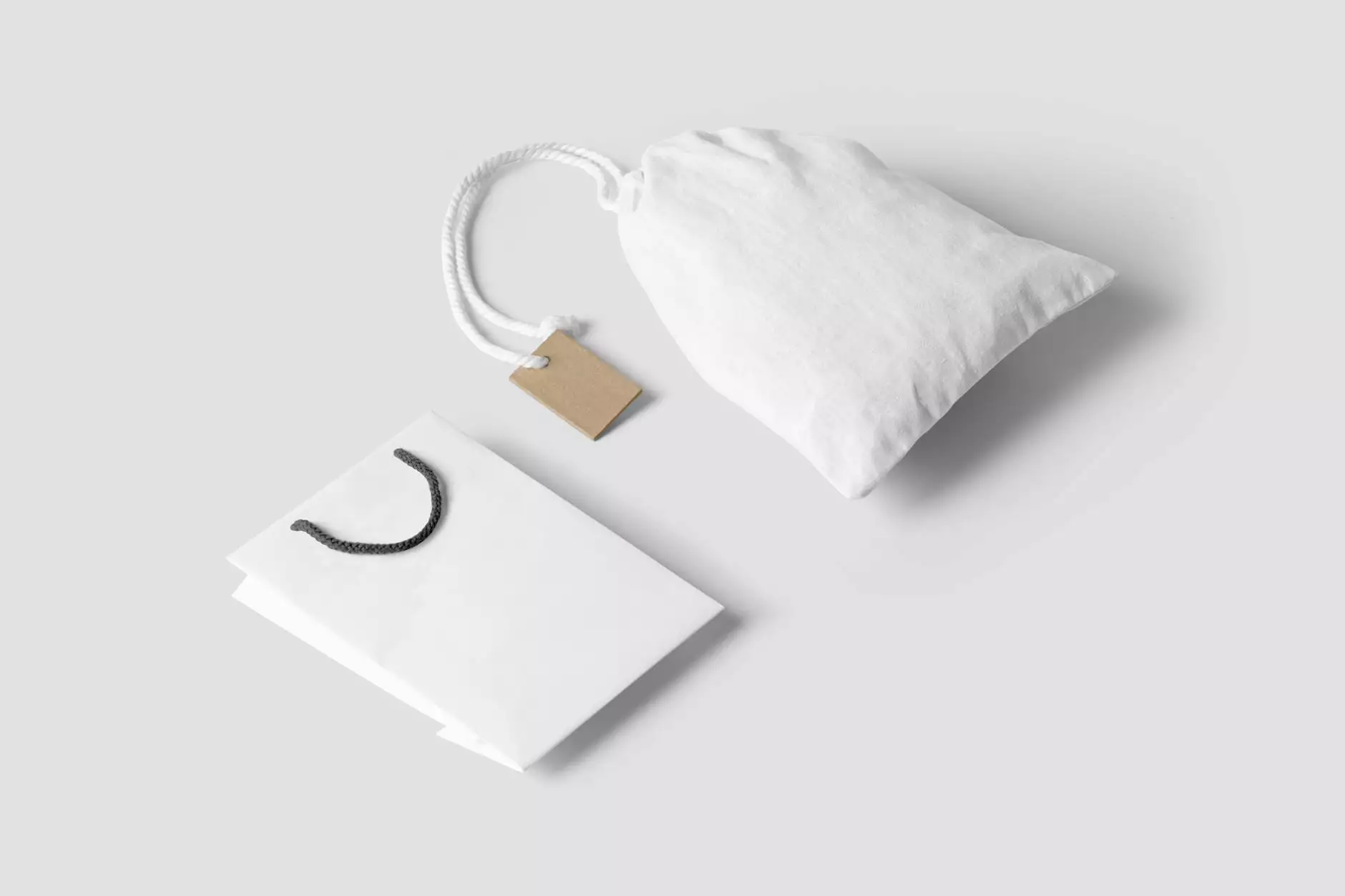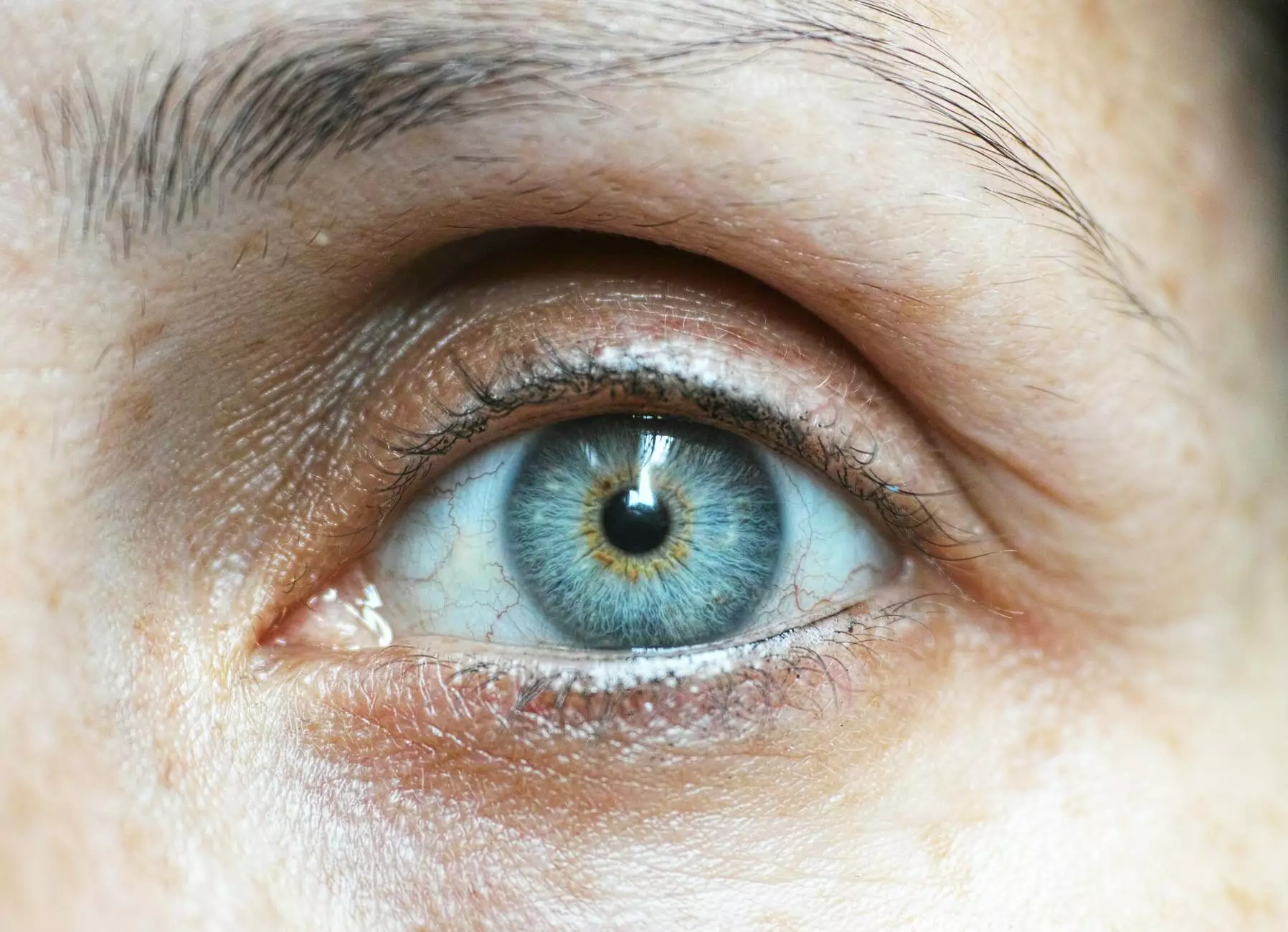Understanding Shoulder Pain: Why It Hurts to Rotate Shoulder

Shoulder pain is a common complaint among individuals of all ages, impacting their daily activities significantly. One specific complaint that many people have is the feeling of discomfort or pain when they attempt to rotate their shoulder. This article will delve deep into the various causes, treatment options, and preventive measures associated with this particular type of pain.
What Causes Shoulder Pain When Rotating?
Understanding the underlying causes of why it hurts to rotate the shoulder is essential for effective treatment. Here are some of the most prevalent conditions that may lead to this issue:
- Rotator Cuff Injuries: The rotator cuff is a group of muscles and tendons that stabilize the shoulder. Injuries here can result from acute trauma or repetitive motions.
- Shoulder Impingement Syndrome: This occurs when the rotator cuff tendons are compressed during shoulder motions, leading to pain and restricted movement.
- Arthritis: Osteoarthritis and rheumatoid arthritis can cause inflammation in the shoulder joints, which exacerbates pain, especially during rotation.
- Frozen Shoulder (Adhesive Capsulitis): This condition limits the shoulder’s range of motion, causing pain and stiffness during any movement, including rotation.
- Bursitis: Inflammation of the bursa, small fluid-filled sacs that cushion the shoulder joint, can lead to pain while rotating.
- Shoulder Dislocation: A dislocated shoulder can severely limit mobility and cause significant pain, particularly when trying to rotate.
Symptoms Associated with Rotational Shoulder Pain
When individuals experience discomfort from a hurts to rotate shoulder, they may encounter a variety of symptoms, including:
- Pain: Varying from a dull ache to sharp pain, often localized in the shoulder.
- Stiffness: Difficulty moving the shoulder, especially when lifting or rotating.
- Swelling: Inflammation around the shoulder joint may be visible.
- Weakness: A noticeable reduction in strength, making it hard to lift objects or perform tasks.
- Clicking or Popping Sounds: There might be audible sounds when the shoulder is moved.
Diagnosis of Shoulder Pain
To effectively treat shoulder pain, it's crucial to obtain a proper diagnosis. A healthcare professional may use a combination of the following methods:
- Physical Examination: A thorough assessment of range of motion and pain points.
- X-rays: These can reveal bone fractures or arthritis.
- MRI Scans: Useful for examining soft tissue injuries such as rotator cuff tears.
- Ultrasound: Can help visualize the rotator cuff and bursa.
Treatment Options for Shoulder Pain
Once diagnosed, several treatment options are available for individuals experiencing a hurts to rotate shoulder. Here are some of the most common approaches:
1. Physical Therapy
Physical therapy is often the first line of defense against shoulder pain. A physical therapist will:
- Design tailored exercise programs to strengthen shoulder muscles.
- Incorporate stretches to enhance flexibility and alleviate stiffness.
- Utilize modalities like ultrasound or electrical stimulation for pain relief.
2. Chiropractic Care
Chiropractors utilize a holistic approach to treat shoulder pain. They may employ:
- Spinal Adjustments: To improve alignment and function, which can enhance overall mobility.
- Soft Tissue Manipulation: To alleviate muscle tightness and relieve pain.
- Exercise Recommendations: Tailored exercises to support shoulder recovery.
3. Medications
In some cases, medications may be necessary to manage pain and inflammation. Common options include:
- Nonsteroidal Anti-Inflammatory Drugs (NSAIDs): Such as ibuprofen or naproxen.
- Corticosteroid Injections: These can reduce inflammation and provide significant relief.
- Muscle Relaxants: Help decrease muscle spasms.
4. Surgical Options
When conservative treatments fail, surgical intervention may be considered. Some procedures include:
- Arthroscopy: Minimally invasive surgery to repair rotator cuff tears or remove inflamed tissue.
- Shoulder Replacement: For severe cases of arthritis or degenerative diseases.
Home Remedies and Self-Care Strategies
In addition to professional treatment, several home remedies may provide comfort and aid recovery:
- Rest: Avoid activities that exacerbate pain.
- Ice Therapy: Apply ice packs for 15-20 minutes to reduce swelling and numb pain.
- Heat Therapy: After the initial pain subsides, gentle heat can help relax tight muscles.
- Over-the-Counter Pain Relief: Use medications like acetaminophen as needed.
Preventing Shoulder Pain
Prevention is always better than treatment. Here are some strategies to help minimize the risk of experiencing pain that may lead to difficulty with shoulder rotation:
- Maintain Good Posture: Keeping a proper posture reduces strain on the shoulder joints.
- Warm Up Before Activities: Engage in warming exercises to prepare the shoulder muscles.
- Strengthening Exercises: Regularly perform strength exercises targeting the shoulders and surrounding muscle groups.
- Avoid Repetitive Strain: If your job involves repetitive shoulder movements, take frequent breaks to prevent overuse injuries.
Conclusion
Experiencing pain that makes it hurt to rotate the shoulder can significantly affect your quality of life. Understanding the potential causes, symptoms, and treatment options is vital for managing this condition effectively. Whether you seek the assistance of a physical therapist, chiropractor, or medical doctor, early intervention can lead to a quicker recovery and return to daily activities. If you are experiencing ongoing shoulder pain, do not hesitate to consult a healthcare professional for an accurate diagnosis and a tailored treatment plan.
Resources
For additional information on managing shoulder pain and receiving treatment, consider visiting:
- IAOM-US: Institute of Advanced Musculoskeletal Treatment
- APTA: American Physical Therapy Association
- ACA: American Chiropractic Association









